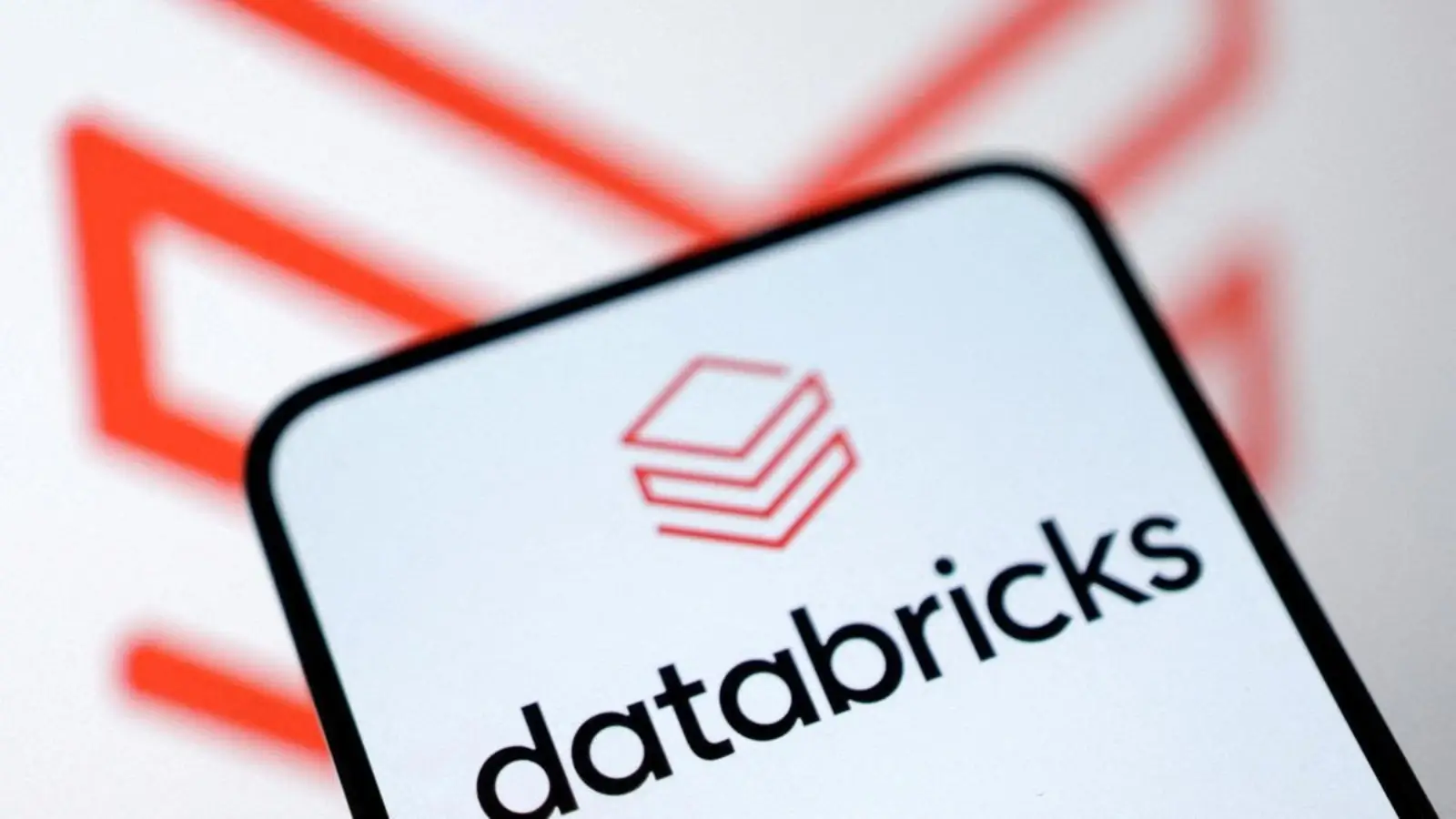Cat Jones, a solo founder, bravely launched her travel business, Byway, in March 2020, just as the pandemic began to affect Europe. Fast forward to summer 2024, and Byway has successfully closed an oversubscribed £5.04 million Series A round (approximately $6.4 million).
Jones has always believed in the value of slow and sustainable travel, offering flight-free, overland, and sea journeys by train, bus, or ferry. This unique approach has led to a threefold year-on-year growth, with over 4,200 trips sold to date. Environmental concerns and the impact of over-tourism in popular European destinations have driven many to seek more sustainable travel options.
Jones conceived the idea for Byway after working as an investor at Founders Factory and spending a decade in digital ad tech at Unruly, where she served as global SVP for data. Her UK-based startup now employs 40 people, and the Series A funding, led by Heartcore Capital with participation from Eka Ventures and re-investing angels, will support expansion into new regions and increase the company's workforce, including engineers to enhance their AI-based trip planner, JourneyAI.
Currently, about 60% of Byway's package holidays are booked online using JourneyAI, with the remaining 40% managed by a human-powered concierge service. Jones believes that as more data sources are integrated and AI-powered recommendations are optimized, the holiday-planner tool will handle more of the trip design work.
Jones, a lifelong advocate of slower travel, envisioned Byway offering "gorgeous" overland holidays that feature scenic and unique experiences. These multi-stop trips not only provide a more leisurely travel pace but also spread economic benefits to less touristy locations and reduce environmental harm. Planning such trips is complex, but Byway's AI tool simplifies the process by drawing on various data sources to build personalized packages.
JourneyAI considers factors like transport timetables, fare information, customer preferences, and previous trip data to make recommendations. The tool is designed to be highly responsive, catering to specific needs, such as a couple's preference for a sleeper train versus a family's dislike of such an option. Customers can either get whole holiday suggestions based on a few basic inputs or customize pre-planned trips from Byway's website.
One major challenge with multi-leg journeys is disruption. JourneyAI addresses this by designing resilient routes and providing fallback options. Byway also sets up WhatsApp groups for customers, ensuring they can easily reach out during their trip for support. The company manages disruptions, reworking travel plans as needed and notifying customers promptly.
Byway integrates with third-party aggregators for transport ticket bookings and handles accommodation bookings, focusing its tech efforts on JourneyAI. As a tour operator, Byway benefits from trade rates for accommodation and transport, allowing it to invest more in its proprietary technology.
Despite the efficiency of JourneyAI, a significant portion of customers still prefer human assistance for planning their trips. Jones is confident that with continued investment, the AI's responsiveness and adaptability will improve, reducing the need for human intervention.
Byway's product contact team collaborates with destination management organizations and commissions local journalists to build high-quality data layers for new regions. This ensures that the travel experiences offered are well-curated and reliable.
As Byway prepares for regional expansion, the company is also navigating regulatory challenges related to Brexit. Establishing a base in the Netherlands will enable Byway to obtain a European bond, allowing it to market to European customers effectively.

















